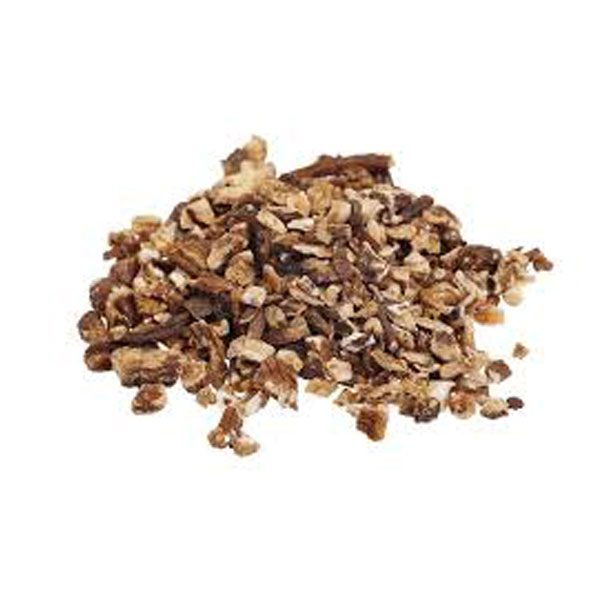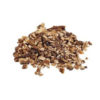Description
It may act as a mild laxative and has been used to improve digestion because it is a bitter tonic. It also has a mild detoxifying activity. Acting as a mild laxative is promotes digestion, stimulates appetite, and balances the natural and beneficial bacteria in the intestines.
Every part of the dandelion plant is rich in antioxidants that prevent free-radical damage to cells and DNA, slowing down the aging process in our cells. Dandelion is chiefly used in liver and urinary complaints. Its action is best when combined with other agents and even in larger doses.
Dandelion root is a great detoxifying herb in helping to remove and rid the body of toxic wastes. It also acts on the kidneys as well as the liver. It works on helping the body to rid itself of toxins, especially in situations where there is infection or pollution afflictions.
Hence it is commonly used for skin conditions, and arthritic conditions. Constipation, skin disorders, acne, eczema, psoriasis, gout and osteoarthritis all benefited from the used of dandelion root. It has been recorded in helping to reduce gallbladder stones and break them down and act as a preventative.
The Japanese published findings in 1999 and concluded that the root was effective in being an agent having anti-tumour agent and they requested more research to be undertaken. Therefore it might be considered as being useful in an anti-tumour prevention regime.
The root contains sesquiterpene lactones, triterpenes (b-amyrin, taraxol, and taraxerol), carbohydrates such as inulin (ranging from 2% in spring to 40% in autumn), carotenoids such as lutein, fatty acids, flavonoids including apigenin and luteolin, minerals such as potassium (up to 5%), phenolic acids (caffeic acid and chlorogenic acid), phytosterols including sitosterol, stigmasterol, and taraxasterol, sugars, vitamin A, choline, mucilage and pectin.
Dandelion root can be used as a coffee substitute.



